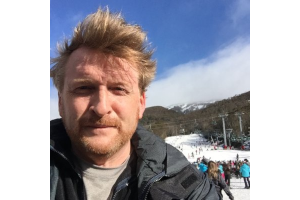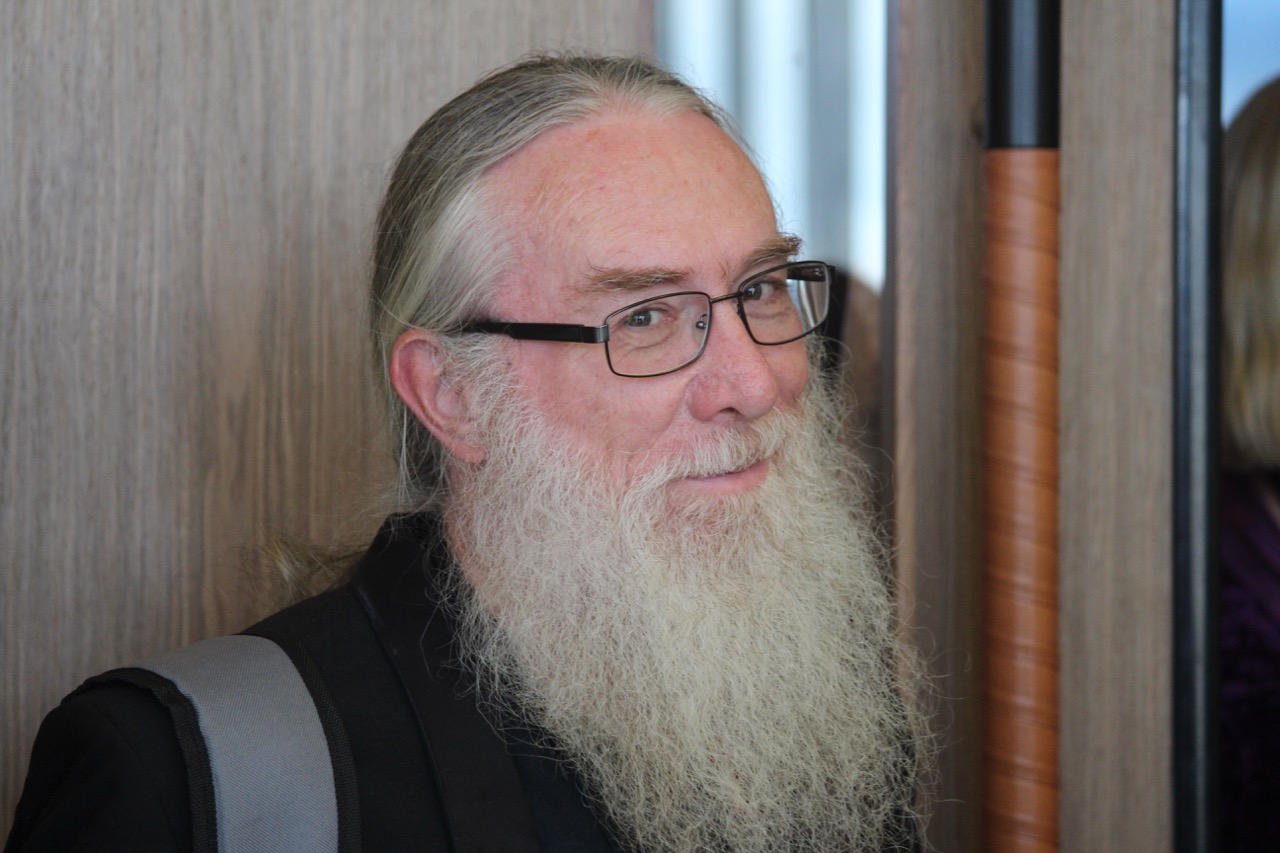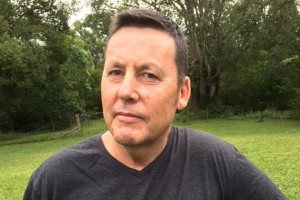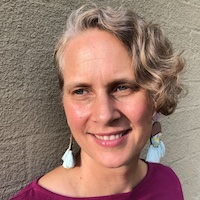By M. Frost
“Will Isa live?”
Through the audio hack, Jack heard the crack in Genene’s voice. Despite her obvious pain, he remained furious. I don’t care that her work helped treat people infected with Entpox and slow the outbreak. I can’t forgive what she did to our daughter.
He finally admitted. “Her physicians don’t know.”
“They extracted the gene cassette I implanted in her?” Her voice had grown detached, professional. She cared so much about that entX gene that she used our own daughter as a mule to smuggle it out of XenCorp.
He remembered the original plan was for Genene and Isa to flee the research compound together. “I gave your instructions to our people. They thought they removed all of it.”
“Was the gene in the biopsy from the implantation site?”
“No. That’s what’s so puzzling.” Jack raked his hair. “They found it in other tissues—skin, muscle. Given her symptoms, they’re certain it’s invaded her central nervous system. The gene appears to trigger some kind of depolarisation cascade, I don’t understand the science. All I can tell you is that she’s having seizures daily.”
Jack couldn’t see Genene but he imagined her staring into her own private world of genetic code. He heard small taps as she drummed her fingers, a habit he once had found endearing. “Did entX integrate directly into Isa’s DNA despite the isolation sequence?”
His expertise was in software, not human genetics. “It’s in the—” He pulled up the report again to be sure. “In her mitochondria.”
He heard Genene inhale sharply. “That makes sense.”
“What do you mean?”
The hack ended abruptly.
***
Jack woke to a soft, repetitive beep. He finally processed that it was Genene’s emergency signal. He plugged in his BCI to navigate the security system at XenCorp’s island compound.
He had done it so often that he was through the firewall within minutes, but he remembered how it had taken him days when he and Genene first were separated by the Outbreak. He had been visiting family in Wellington while she pursued her postdoc at the Royal Veterinary College in London when the first cases were reported.
In the ensuing sociopolitical collapse, Australia unexpectedly joined New Zealand to enforce the closure of their mutual borders. Unable to leave the newly branded Auzealand to look for Genene, he had been forced to hunt for traces of her whereabouts on what remained of the web. By the time he tracked her to an island facility working for the group that would become XenCorp, he was shocked to learn he was a father.
He initiated the audio hack.
“I’ve got the answer,” she said without preamble.
“Your daughter is still alive—if that’s what you wanted to know.” Jack realised that fatigue and stress made the words sound harsher than he had intended.
Genene continued as if he hadn’t spoken. “When you said entX was in Isa’s mitochondrial DNA, it clicked. I modeled it on bacterial code, so the insertion must have been at some ancestral site in the mitochondria. I checked Blossom and bingo! Only in Blossom, the gene is suppressed. All we have to do is—”
Blossom. She picked that beast over me and Isa. His anger surged.
“Slow down, you know I’m not a geneticist!” Jack interrupted her. “I get that maybe mitochondria used to be bacteria and the gene is based on bacterial code, but what does your beloved cow have to do with this?”
Jack resented that Genene had decided to stay at XenCorp to continue her research. “I thought entX was based on your DNA and Isa’s. That’s why you said it was safe!”
“I know, Jack.” Her voice softened. “I had to make modifications to get the expression to work—the gene produces a drug that blocks Entpox from infecting cells and we needed it to work in bovine mammary tissue so the drug would be secreted in the milk. It’s about scaling up delivery.”
Scaling up delivery. Jack hated the corporate model that Genene embraced. “But the cow isn’t having seizures.”
Genene sounded excited. “Exactly! In Blossom, entX is expressed only in her mammary glands. Everywhere else, it’s methylated.”
As if that means anything to me.
“Don’t you get it, Jack? I found another gene in Blossom that blocks entX. I’m sending it to you.”
Jack’s optical interface brightened with the burst of code.
He suddenly realised what she wanted him to do. “You mean to put another gene in Isa to fix the first one? Don’t you remember anything about invasive species in Australia? The cane toad, the rabbits —”
“Spoken like a New Zealander.”
“You said this new gene is bovine. How do we know it won’t cause its own problems?”
Her voice was soft. “What other choice do we have?”
After the call, Jack sat for a while in darkness staring at the code.
***
“Isa will live. Blossom’s gene appears stable and is controlling her symptoms.”
“But?”
He sighed. “They’ve made a discovery and now her medical team have gotten excited about using entX to stimulate neurocognitive function. This isn’t just about treatment. They’re talking BCI enhancement, extrasensory robotics—”
Genene interrupted. “I sent her to you to get her away from being a research pincushion.”
“It’s too late for that. Ever since the Outbreak, genes are designated government property here.”
“So Isa’s genes are owned by the government.” She sounded resigned.
“I wish you had just let her go.” Jack said, unable to keep the bitterness out of his voice. “Your pride, wanting to see your research on public display—”
He expected her to be angry, but instead, she sounded sad. “The quarantine won’t keep Entpox from Auzealand forever. When it comes, XenCorp plans to withhold the drug, payback for not cooperating with the research. Isa and I are immune, but you—” Genene’s voice cracked. “You’re not.”
He closed his eyes as he realised how wrong he had been.
“Jack, I sent entX with Isa because I wanted to save you.”
![]()
About the Author
M. Frost
 M. Frost is a queer writer who publishes fiction, essays and poetry — which have appeared in Strange Horizons, Abyss & Apex, Star*Line, Harrington Lesbian Literary Quarterly and others—including a chapbook (Cow Poetry, Finishing Line Press) and a collaboration (Constellation, CreateSpace).
M. Frost is a queer writer who publishes fiction, essays and poetry — which have appeared in Strange Horizons, Abyss & Apex, Star*Line, Harrington Lesbian Literary Quarterly and others—including a chapbook (Cow Poetry, Finishing Line Press) and a collaboration (Constellation, CreateSpace).
Another life is spent on science, in particular the science of pandemic response.



















 Geraldine Borella writes fiction for children, young adults and adults. Her work has been published by Deadset Press, IFWG Publishing, Wombat Books/Rhiza Edge, AHWA/Midnight Echo, Antipodean SF, Shacklebound Books, Black Ink Fiction, Paramour Ink Fiction, House of Loki and Raven & Drake
Geraldine Borella writes fiction for children, young adults and adults. Her work has been published by Deadset Press, IFWG Publishing, Wombat Books/Rhiza Edge, AHWA/Midnight Echo, Antipodean SF, Shacklebound Books, Black Ink Fiction, Paramour Ink Fiction, House of Loki and Raven & Drake Tim Borella is an Australian author, mainly of short speculative fiction published in anthologies, online and in podcasts.
Tim Borella is an Australian author, mainly of short speculative fiction published in anthologies, online and in podcasts. Margaret lives the good life on a small piece of rural New South Wales Australia, with an amazing man, a couple of pets, and several rambunctious wombats.
Margaret lives the good life on a small piece of rural New South Wales Australia, with an amazing man, a couple of pets, and several rambunctious wombats. Ed lives with his wife plus a magical assortment of native animals in tropical North Queensland.
Ed lives with his wife plus a magical assortment of native animals in tropical North Queensland. Mark is an astrophysicist and space scientist who worked on the Cassini/Huygens mission to Saturn. Following this he worked in computer consultancy, engineering, and high energy research (with a stint at the JET Fusion Torus).
Mark is an astrophysicist and space scientist who worked on the Cassini/Huygens mission to Saturn. Following this he worked in computer consultancy, engineering, and high energy research (with a stint at the JET Fusion Torus). Sarah Jane Justice is an Adelaide-based fiction writer, poet, musician and spoken word artist.
Sarah Jane Justice is an Adelaide-based fiction writer, poet, musician and spoken word artist. Emma Louise Gill (she/her) is a British-Australian spec fic writer and consumer of vast amounts of coffee. Brought up on a diet of English lit, she rebelled and now spends her time writing explosive space opera and other fantastical things in
Emma Louise Gill (she/her) is a British-Australian spec fic writer and consumer of vast amounts of coffee. Brought up on a diet of English lit, she rebelled and now spends her time writing explosive space opera and other fantastical things in Chuck McKenzie was born in 1970, and still spends much of his time there.
Chuck McKenzie was born in 1970, and still spends much of his time there. Merri Andrew writes poetry and short fiction, some of which has appeared in Cordite, Be:longing, Baby Teeth and Islet, among other places.
Merri Andrew writes poetry and short fiction, some of which has appeared in Cordite, Be:longing, Baby Teeth and Islet, among other places.

 Barry Yedvobnick is a recently retired Biology Professor. He performed molecular biology and genetic research, and taught, at Emory University in Atlanta for 34 years. He is new to fiction writing, and enjoys taking real science a step or two beyond its known boundaries in his
Barry Yedvobnick is a recently retired Biology Professor. He performed molecular biology and genetic research, and taught, at Emory University in Atlanta for 34 years. He is new to fiction writing, and enjoys taking real science a step or two beyond its known boundaries in his My time at Nambucca Valley Community Radio began back in 2016 after moving into the area from Sydney.
My time at Nambucca Valley Community Radio began back in 2016 after moving into the area from Sydney. Alistair Lloyd is a Melbourne based writer and narrator who has been consuming good quality science fiction and fantasy most of his life.
Alistair Lloyd is a Melbourne based writer and narrator who has been consuming good quality science fiction and fantasy most of his life.